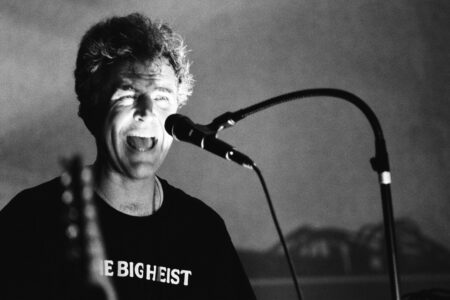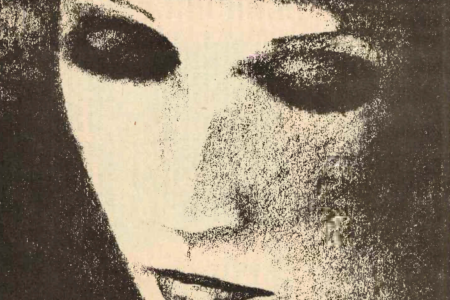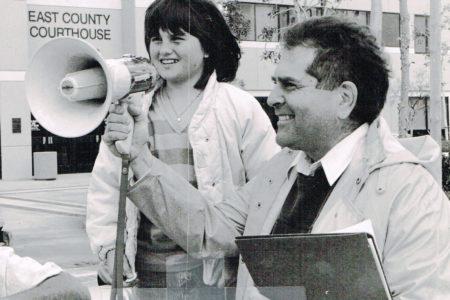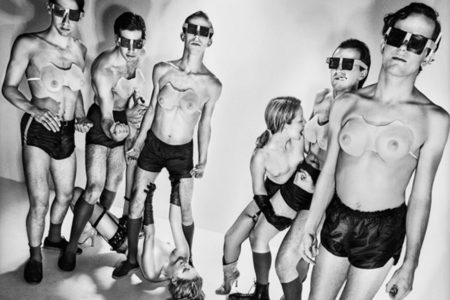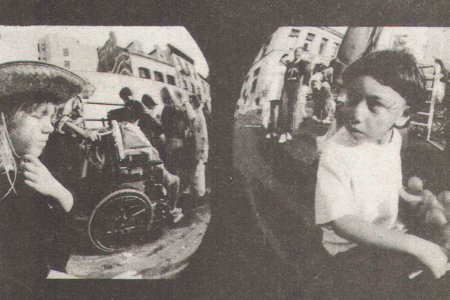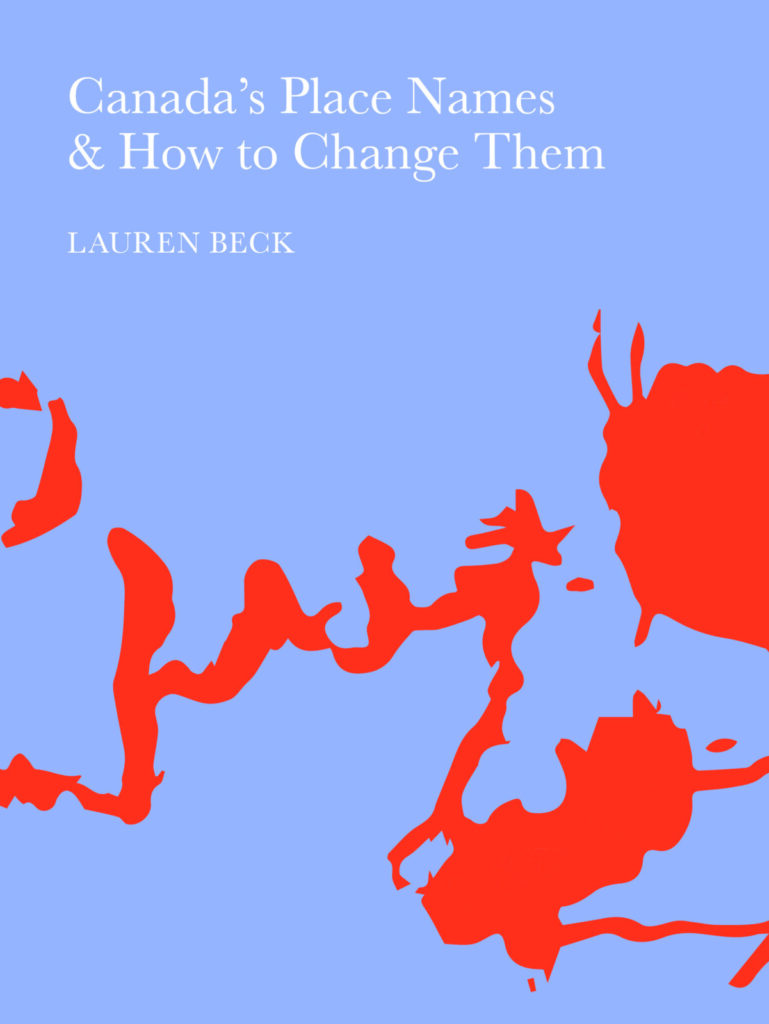
Canada’s Place Names & How to Change Them
Lauren Beck, 251 pgs, Concordia University Press, concordia.ca/press, $34.95
The first name mentioned in Lauren Beck’s study of Canadian place names happens to be that of my hometown of London, Ontario. There are many places in Canada whose names, like London, are borrowed from elsewhere. While this isn’t necessarily a bad thing, I’ve often wondered how this might deprive a place of its self-presence, its own vital “here-ness.”
As Beck’s research shows, naming is a vital part of how we construct and interpret the world around us. Names can hold clues to the land and celebrate its people and stories; they can also be used to conceal what came before, to deny the land its past and thereby claim it. What Beck demonstrates so powerfully is that naming is both a creative and destructive act, a tool that can enrich but also erase local traditions and knowledge.
The book affirms many uncomfortable truths about Canada’s identity by looking at the people and events that are commemorated or neglected by its place names and how communities have responded when a name is shown to be outdated and harmful. Beck applies this method to an impressive range of subjects in what remains a relatively short read, examining place naming in relation to gender, race, religion and disability. She also provides suggestions on how we can all be better custodians of local place names by unlocking their potential for inclusion and knowledge keeping.
The book definitely made me reflect on the place names that I’d grown up around, living in London, a city built at the fork of a river that the Anishinaabe call Deshkan Ziibi (Antler River), the same river that French explorers once referred to as La Tranchée (The Trench), a river that I’d only ever known by yet another borrowed British name, the Thames.

